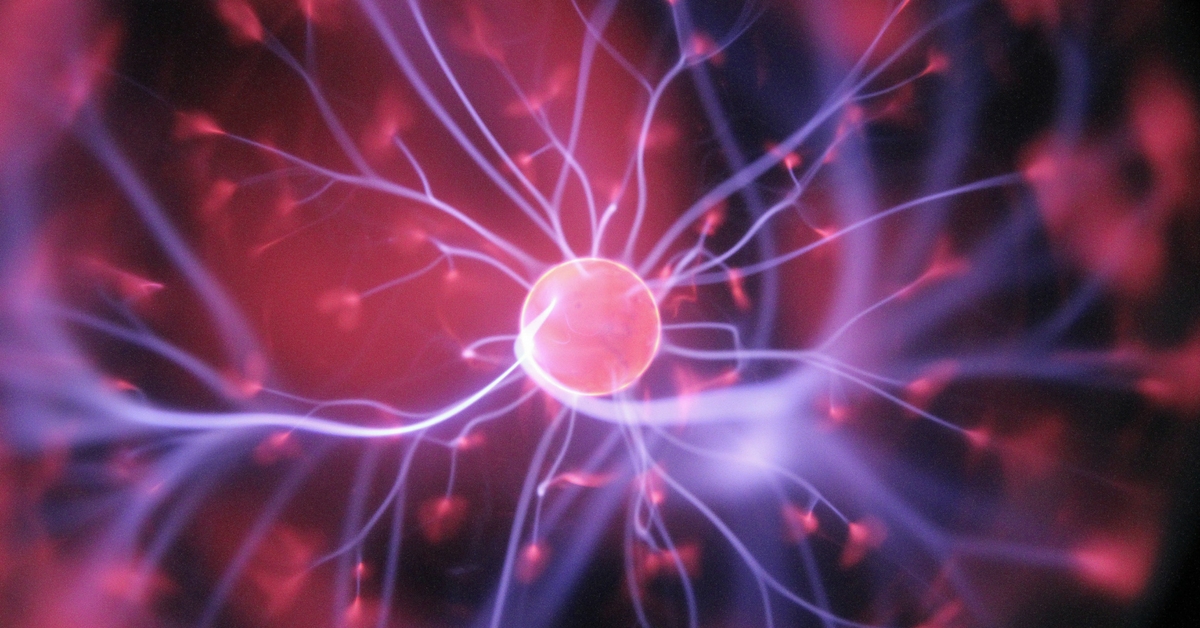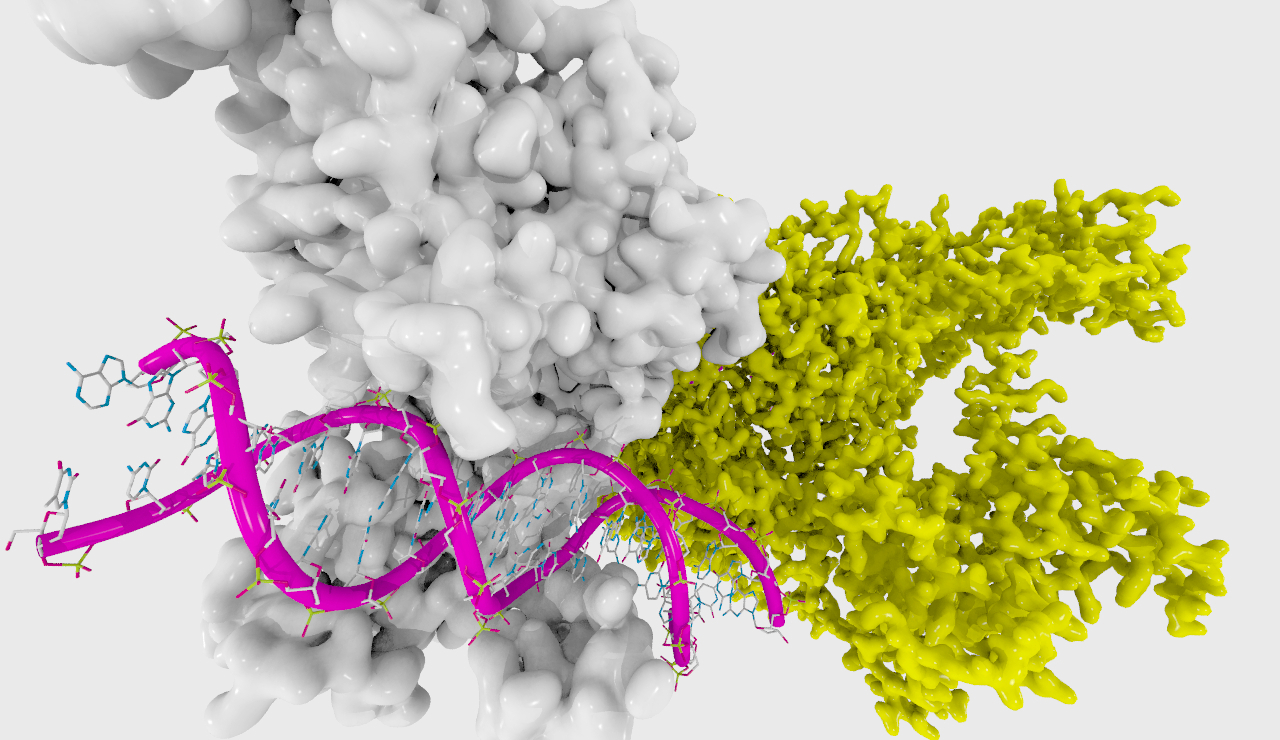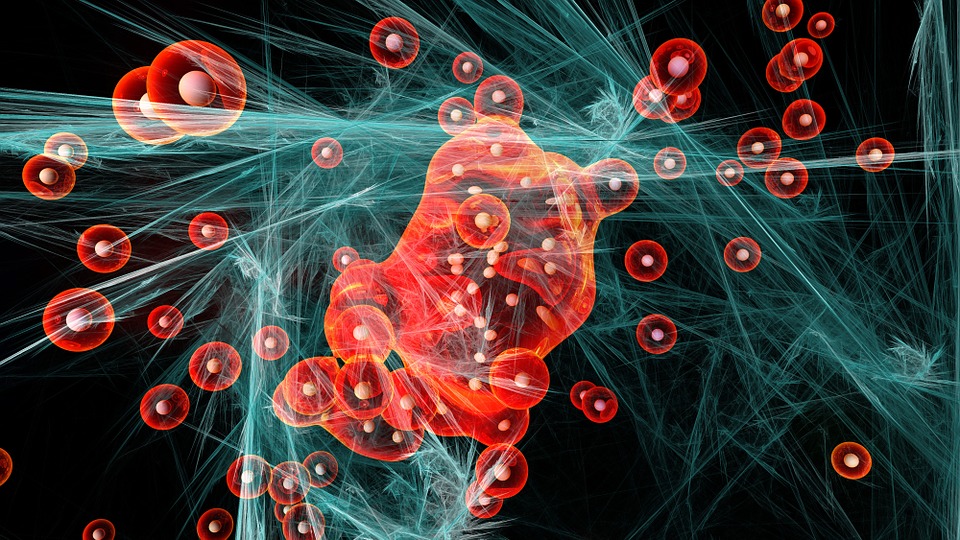Indian Researchers Develop Groundbreaking AI That Detects Cancer in Early Stages!
Additionally, the algorithms go a step further and identify the stage of cancer too.

Researchers from the Indian Institute of Science Education and Research (IISER), Kolkata and Indian Institute of Technology (IIT) Kanpur have developed Artificial Intelligence that can detect cancer tissues in its primitive stages within minutes.
And they are using light to detect this!
Differences in the structure and formation of healthy and precancerous tissues change their refractive index and make them scatter light in discernible variations. Although this minute difference cannot be detected by the naked eye, these researchers have developed algorithms that can.
Additionally, the algorithms go a step further and identify the stage of cancer, with accuracy levels exceeding 95%.
You may also like: Heroin Seized in Ahmedabad to Be Used to Make Painkillers for Cancer Patients
Sabyasachi Mukhopadhyay, from IISER Kolkata, is the first author of a paper published in the Journal of Biomedical Optics. He spoke to this ground-breaking algorithm to The Hindu.
“The microstructure of normal tissue is uniform, but as [the] disease progresses, the tissue microstructure becomes complex and different. Based on this correlation, we created a novel light scattering-based method to identify these unique microstructures for detecting cancer progression,” he said.
Changes in the refractive index of healthy and malignant tissues are quantified using Multifractal Detrended Fluctuation Analysis (MFDFA)—a statistical biomarker.

This biomarker has two parameters—Hurst exponent and width of singularity spectrum.
Prasanta K Panigrahi, the corresponding author of the paper, said, “The collagen network is more ordered in normal tissues but breaks down progressively as cancer progresses. This kind of change in tissue morphology can be picked up by light scattering.”
This biomarker simply quantifies the light scattered by tissues.

The team has developed two AI-based algorithms—Hidden Markov Model (HMM) and Support Vector Machine (SVM)- that uses this data to differentiate healthy and precancerous tissues.
“The classification of healthy and precancerous tissues becomes robust by converting the information obtained from the scattered light into [a] characteristic tissue-specific signature. The signature captures the variations in tissue morphology,” says Panigrahi.
You may also like: IIT Kanpur Students Develop Kit For Teachers and Parents to Educate Children About Sexual Abuse
The team tested the accuracy of these algorithms in vivo and vitro samples. In vivo are studies conducted in living animals, humans and plants whereas in vitro means “in glass.” These are studies conducted on specimens outside their biological contexts.
While the accuracy of the algorithms was over 90% in vivo samples, it is over 95% in vitro samples. “In the case of in vitro samples, we were able to discriminate between grade 1 and grade 2 cancer,” Prof. Nirmalya Ghosh, an author of the paper from IISER Kolkata told The Hindu. They are planning to expand these tests and investigations further using in vivo samples.
Featured image source: Hal Gatewood/ Unsplash
Like this story? Or have something to share?
Write to us: [email protected]
Connect with us on Facebook and Twitter.
NEW: Click here to get positive news on WhatsApp!
This story made me
- 97
- 121
- 89
- 167
Tell Us More
We bring stories straight from the heart of India, to inspire millions and create a wave of impact. Our positive movement is growing bigger everyday, and we would love for you to join it.
Please contribute whatever you can, every little penny helps our team in bringing you more stories that support dreams and spread hope.



















